In this course students will concentrate on previously learned cooking fundamentals and techniques utilizing a la carte menu
preparation that may be used in a contemporary restaurant setting. Students will further develop their ability to organise an
assigned station based on preparation methods while focusing on the production of menu items, plate presentations, and cooking
techniques as applied to specific cuisines. Emphasis will be placed on sourcing, storage, uses, and nutritional aspects of key
ingredients.
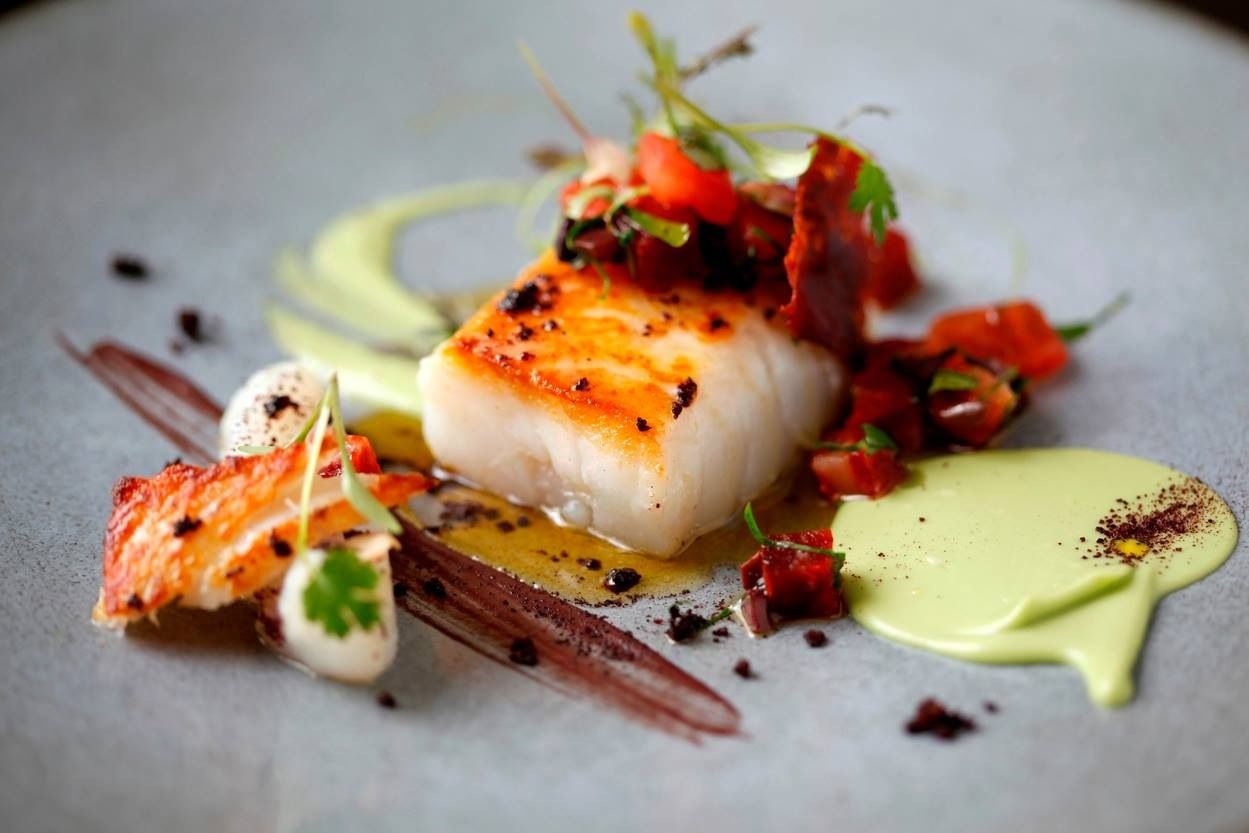
- Lecturer: Henry Prince
This course builds on competencies developed in previous related courses. As a course project, students are required to develop
a business plan for a minimum 75-seat restaurant. The project includes the market analysis and marketing strategy, operating
budget, sales projections, opening inventories, capital equipment, standardised recipes and costing for all standardised recipes,
menu and facilities design. (Prerequisites: HRM152, 210, 251 and BUS120). Internship is built into this course.
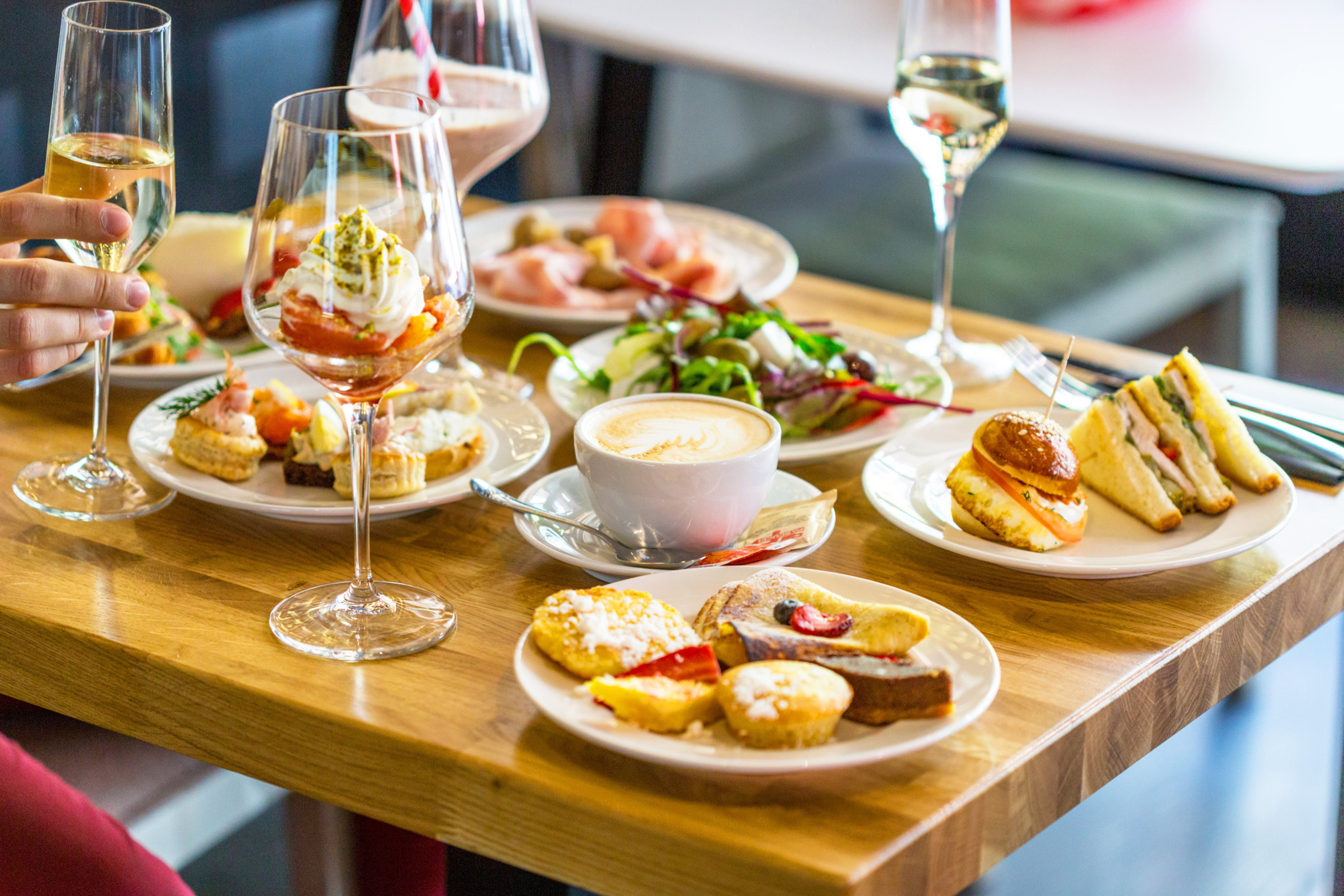
- Lecturer: Whitney George
This course builds on competencies developed in previous related courses. It focuses on the need for maximising the full potential
of rooms and demonstrates the relationship between Front Office operations and cooperation with integral areas of Housekeeping,
Security, Engineering, Food and Beverage and Maintenance. The practical component of this course will allow students to
implement concepts taught in the programmed. Students are required to complete a 300-hour internship with an approved
hospitality organisation. They will be involved in the day-to-day operations and carry out basic and supervisory functions.
(Prerequisites: HRM215, 110, 152, 100 and BUS 140).
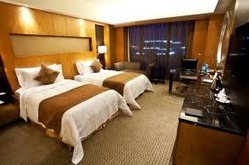
- Lecturer: Whitney George
Students will Develop and market productions in an actual bakery café with retail customers and analyse sales, service and
operations.
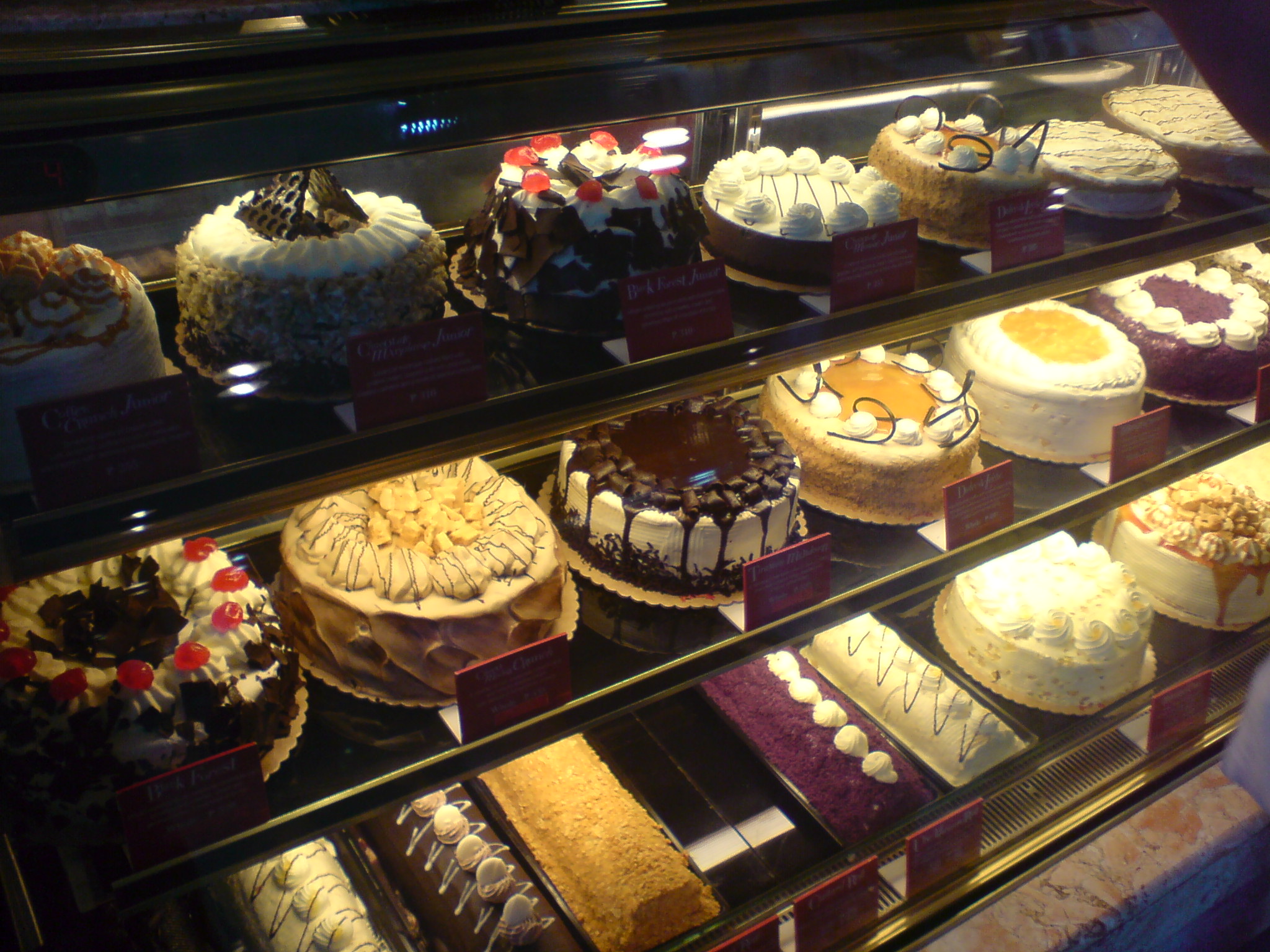
This course instructs students in the fundamentals of baking science, terminology, and equipment. Students are introduced to
yeast breads, rolls, and quick breads. Special attention is given to exact weights and measurements, types of flour, and basic
bakeshop ingredients used in production.
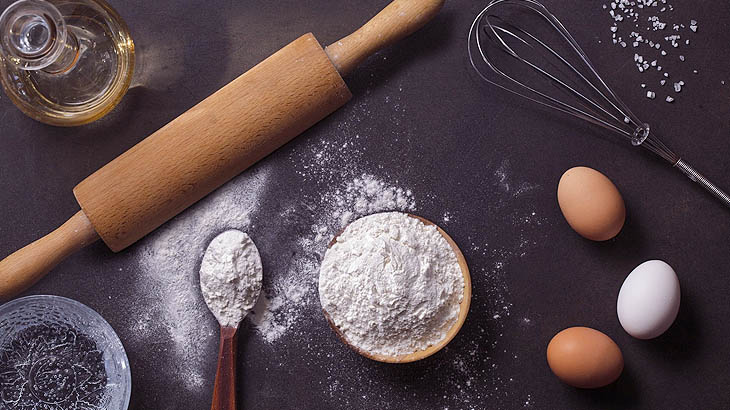
- Lecturer: Clint Creque
Assemble and decorate Cakes and Pastries with a modern approach using the latest technology and equipment. Students will
use specialist equipment, practice new presentation methods, simplicity of style and production.
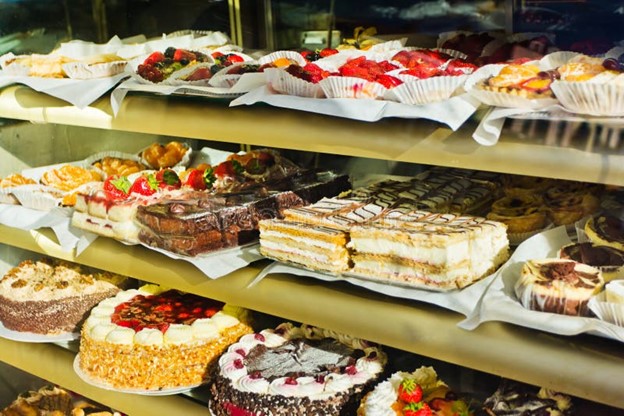
- Lecturer: Clint Creque
Students will cover the preparation of hot and cold desserts with a focus on individual desserts, a la minute preparations and
numerous components within one preparation, as well as station organisation, timing and service coordination for functions and
banquets.
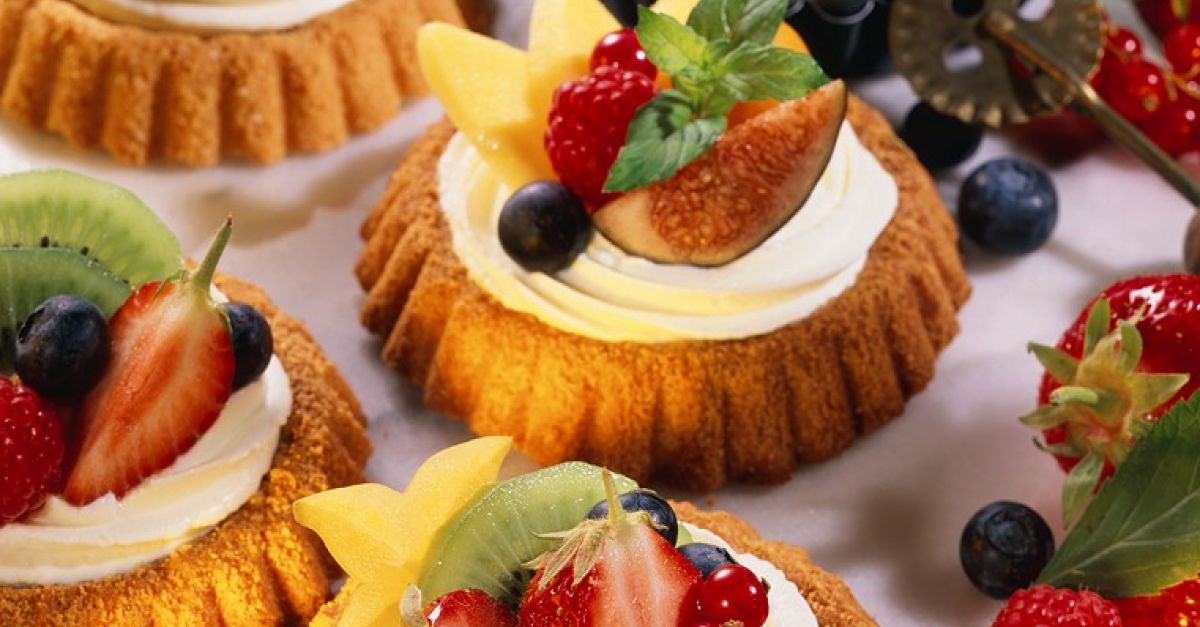
- Lecturer: Clint Creque
Students will use traditional and contemporary production methods to prepare chocolates and other confections such as by
hand and with special equipment. Techniques include; chocolate tempering methods, sugar cooking techniques, hand dipping
centres, and shell moulding.
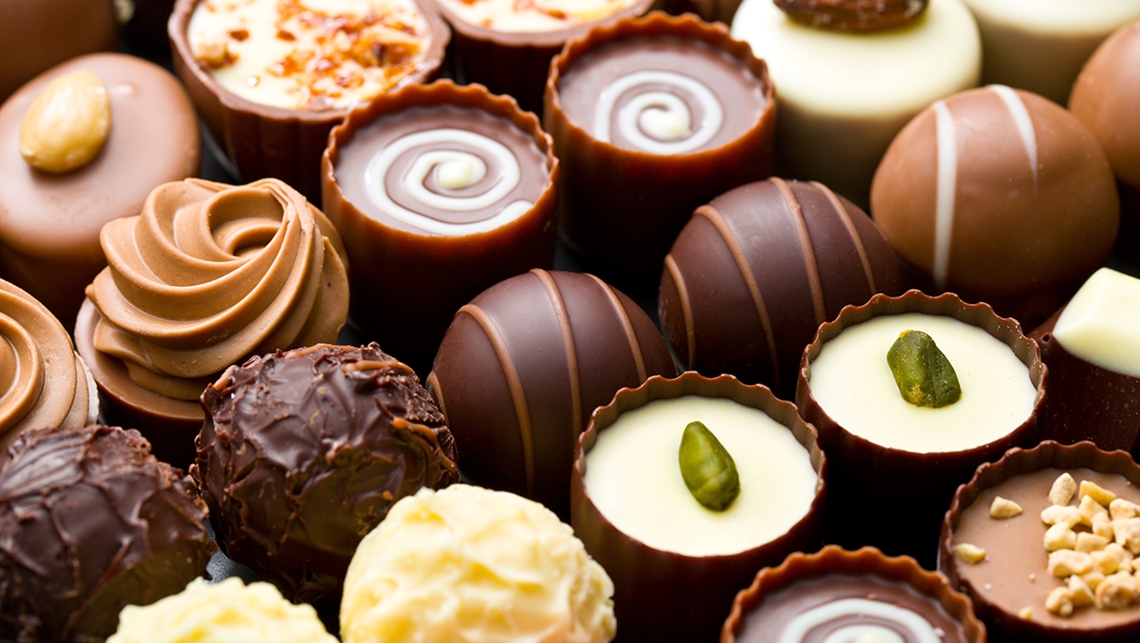
- Lecturer: Clint Creque
This course gives a general introduction to key terms and concepts, as well as to basic procedures for setting standards and
controls. It discusses cost/volume/profit, and the use of cost to monitor food service and beverage operations It covers the
controlling of the main phases of a foodservice or beverage operation, menu planning, purchasing, receiving, storing, issuing, and
production. Other topics covered are the calculation of food and beverage costs, control analysis, and sales income.
(Prerequisites: ACC100 and HRM152)

- Lecturer: Whitney George
This course seeks to develop in students the ability to use accounting information in the decision making process in the hospitality industry. Topics covered include analysis of financial statement, ratio analysis, pricing, cost management and control, cost volume profit analysis and budgeting. (Prerequisites: HRM 210 and ACC 100)

- Lecturer: Whitney George
An analysis of menu development for foodservice establishments. Topics to be covered include: menu development, descriptions,
layout, design, and pricing; sales mix; and station balance. Students will be involved in critiquing and creating menus from the
perspective of concept, clarity, cost, price, and efficiency.
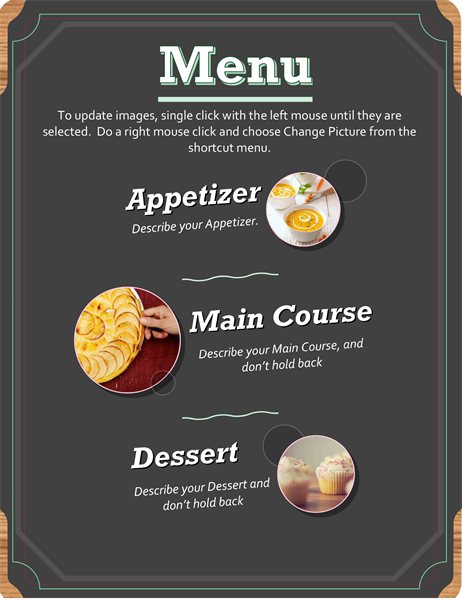
- Lecturer: Whitney George
In this course students will focus on using skillful cooking from previous classes, to create and prepare healthy meat-free meals
using majority local garden fresh ingredients. Using a large selection of vegetables, beans, pulses and unusual grains like bulghar,
quinoa and buckwheat students will create delicious and sophisticated dishes in the course. Starters, salads, soups and main courses will be covered along with some unusual puddings and cakes using veggies. Students will also learn how to combine and
use fresh herbs, and spices to create flavourful vegetarian dishes. This course is an ideal way of improving vegetarian cookery
throughout the local and regional restaurant industry.
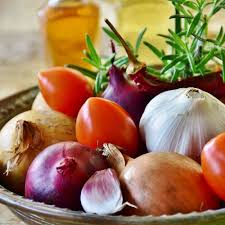
- Lecturer: Henry Prince